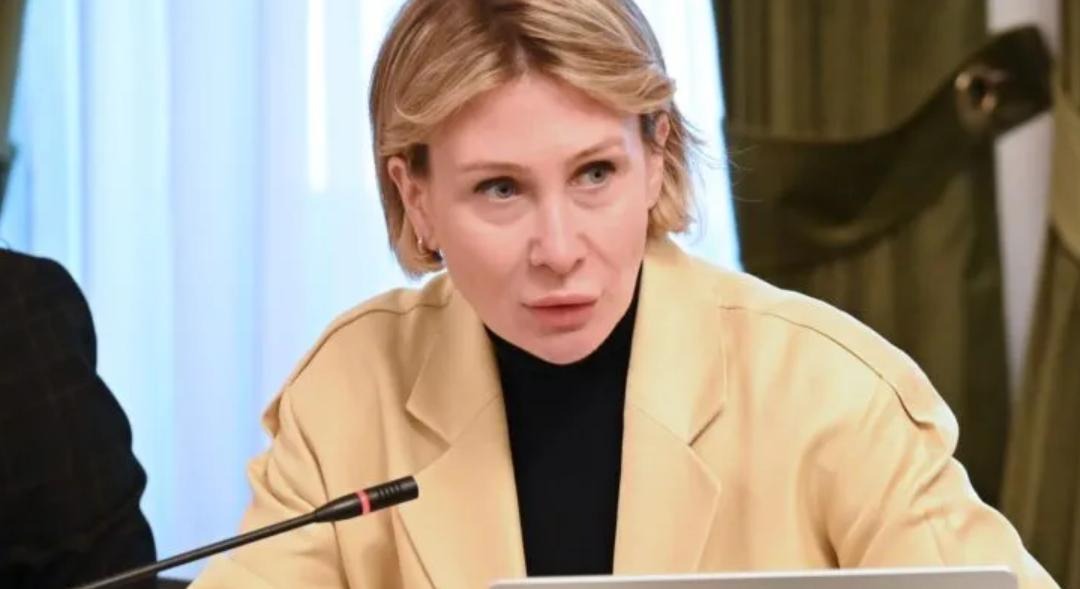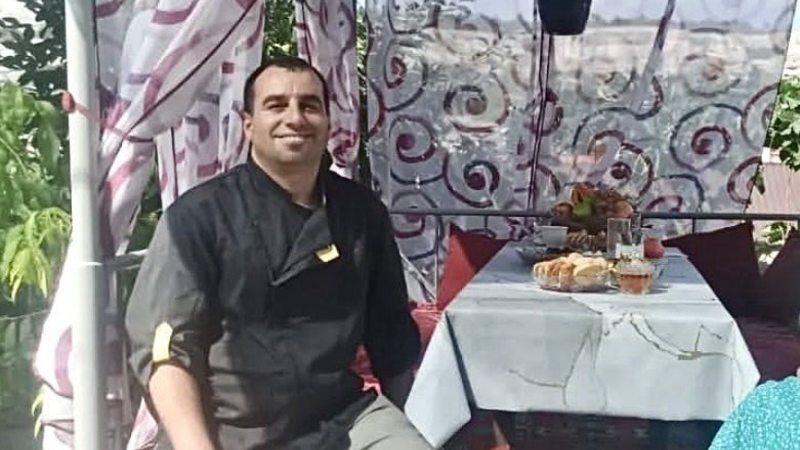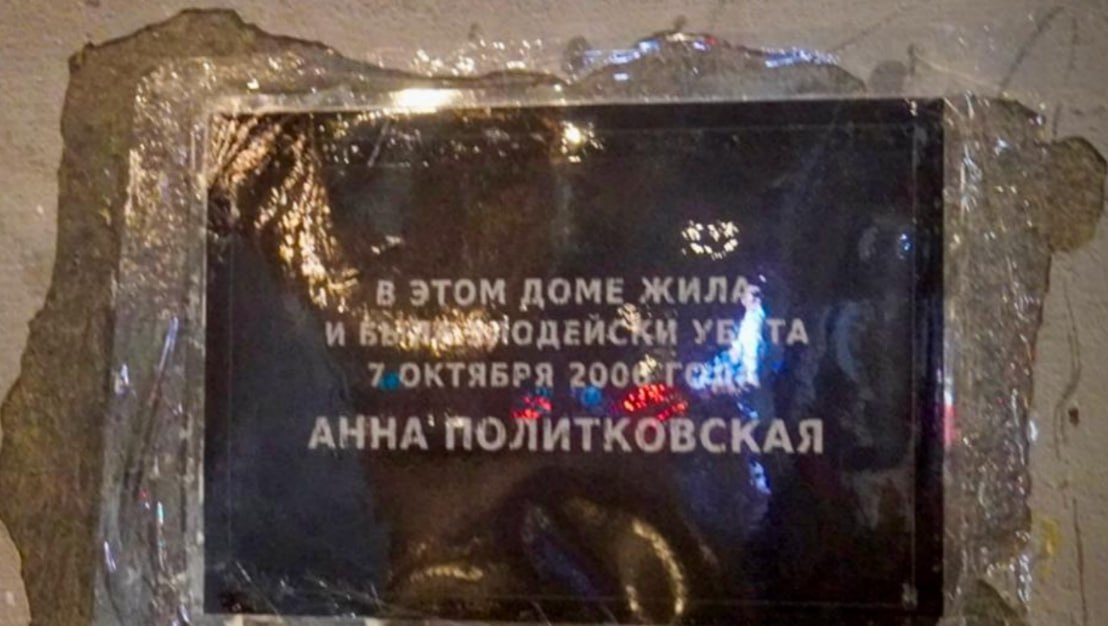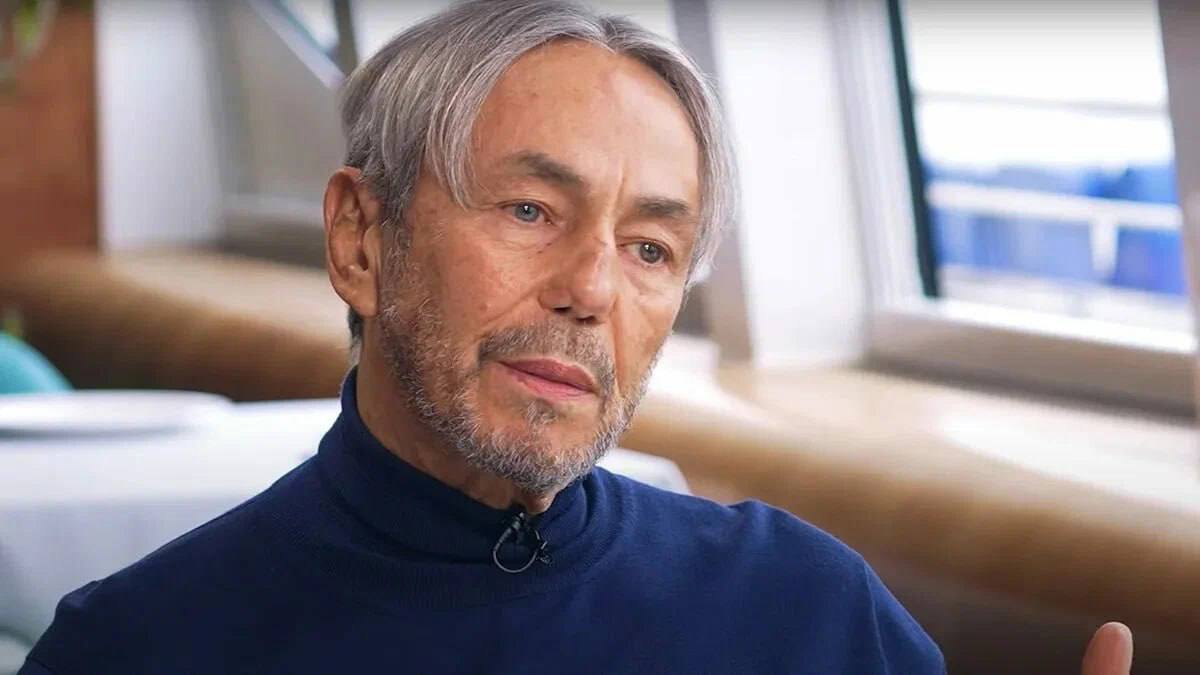Georgian Parliament Vice Speaker Nino Tsilosani commented on the US and Israeli attack on Iran, describing the situation in the Middle East as "extremely grave." She emphasized that Tbilisi expresses condolences over the civilian casualties in both countries.
Activists of the public organization “Civil Initiative against Ecocrime” published details of official correspondence between the Federal Agency for Tourism, JSC Tourism.RF Corporation and NJSC Krasnaya Polyana, which discusses the construction of a large ski resort in the Caucasus State Natural Biosphere Reserve. The tasty area is located on the territory of Adygea, is a World Natural Heritage Site and is under the protection of UNESCO.
The Lagonaki resort project includes 36 kilometers of ski slopes, 27 kilometers of cable cars, ponds for artificial snowmaking of slopes, two hotel zones - the upper and lower villages, where it is planned to build hotels with 3 thousand rooms, 20 chalets, restaurants, shops, cable car stations, parking lots for tourists' cars and other infrastructure necessary for the resort. At the same time, the “upper village” is included within the boundaries of the forest reserve, and they want to lay the tracks through alpine meadows with rare plants.
According to the head of the “Civil Initiative against Ecocrime” Dmitry Shevchenko, there are no legal grounds for revising the boundaries of the reserve.
“In fact, the official position of the Russian Federation is presented as the commercial interests of the private company NAO Krasnaya Polyana, which wants to remove international legal barriers to the construction of the Lagonaki resort,” notes the environmental activist. According to him, the construction of the resort will cause irreparable damage to the ecology of protected areas: 62 hectares of forest will be cut down in the protective zone of the Caucasus Nature Reserve, which is more than 9 thousand trees.
Plans to build a resort on the Lagonaki high plateau have been discussed since 2010, when the “Height 5642” program was presented at the economic forum in St. Petersburg. They discussed the construction of a network of ski resorts in the North Caucasus. The westernmost of them turned out to be the Lagonaki resort. The project was promoted by the specially created JSC “Resorts of the North Caucasus” under the leadership of a Dagestan entrepreneur, senator from the Krasnodar Territory Akhmed Bilalov (he is currently abroad, fleeing criminal prosecution for “abuse of power”).
In 2011-2016, a number of amendments were made to the federal law “On Specially Protected Natural Areas”, which allow the creation of so-called “biosphere ranges” in such territories, where physical education and sports facilities can be built.
In 2021, the Russian government issued decree No. 561-r on the creation of a biosphere site on the Lagonaki plateau. In the same year, more than 200 public figures and scientists - ecologists, biologists, geographers, economists - signed an open letter to President Vladimir Putin, demanding a ban on development of the plateau, which “will inevitably lead to changes in the topography, cutting of slopes and, as a result, to the intensification of landslides, landslides and mudflows... degradation of karst landscapes, disruption of the hydrological regime.”
Nevertheless, at the national level, all the decisions necessary for the construction of the resort were lobbied for and adopted. The head of Adygea, Murat Kumpilov, and the general director of the NAO Krasnaya Polyana, Andrei Krukovsky, signed an agreement on the construction of the Lagonaki resort. The company is associated with Alexander Tkachev, the ex-governor of the Krasnodar Territory, former Minister of Agriculture, the largest landowner in Russia, who bought the Arkhyz resort.
The only legal obstacle to the commercial development of Lagonaki remains the international protection status of the territories where construction is planned to take place. The Russian government was going to solve this problem at the session of the UNESCO World Heritage Committee, which was supposed to be held in Kazan in June last year. Judging by declassified correspondence, instead of one protected area (allegedly suffering greatly from “wild” tourism), it is proposed to transfer another one under protection. But due to events in Ukraine, the session was canceled. This does not prevent officials and businessmen from actively discussing the upcoming construction.



